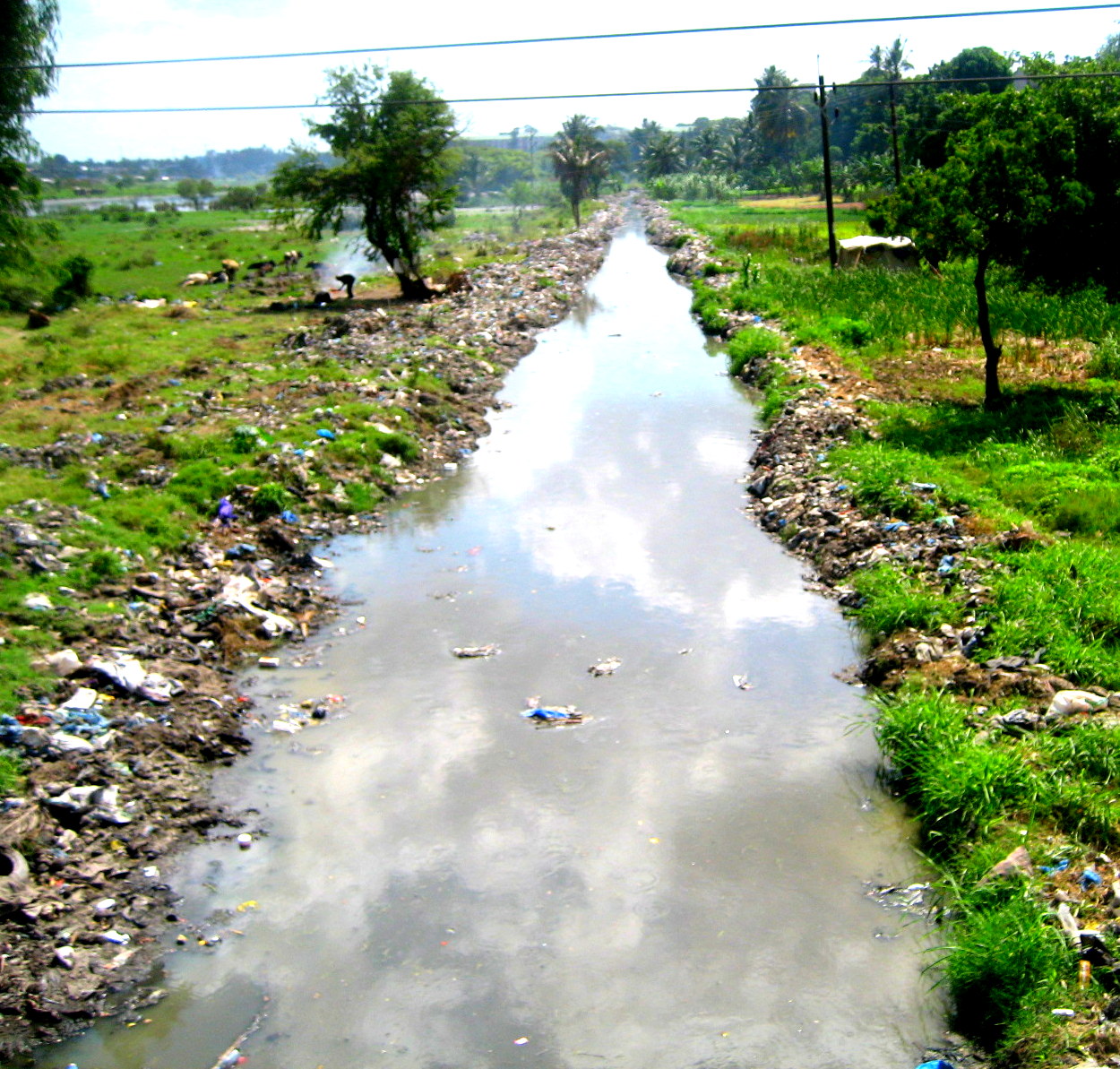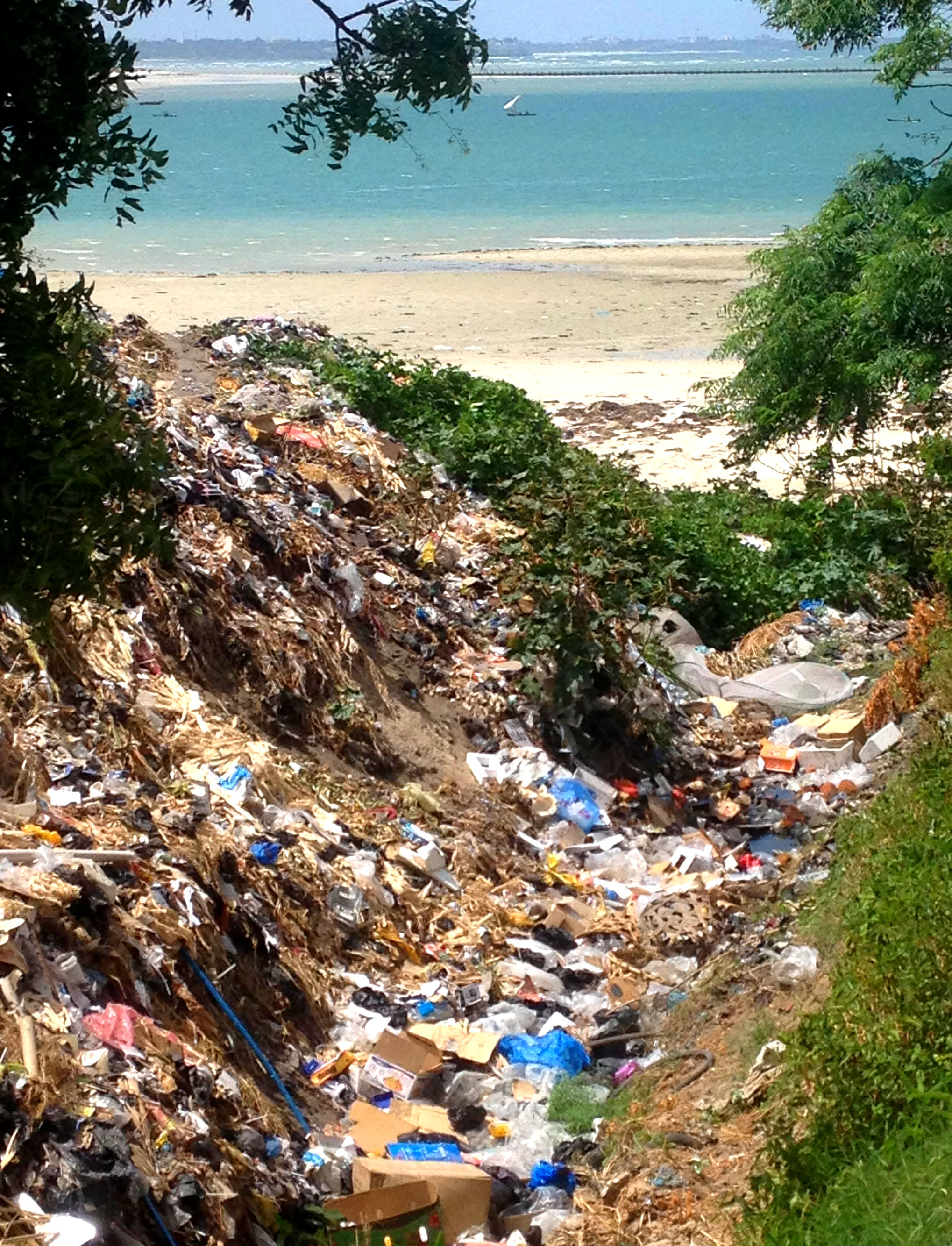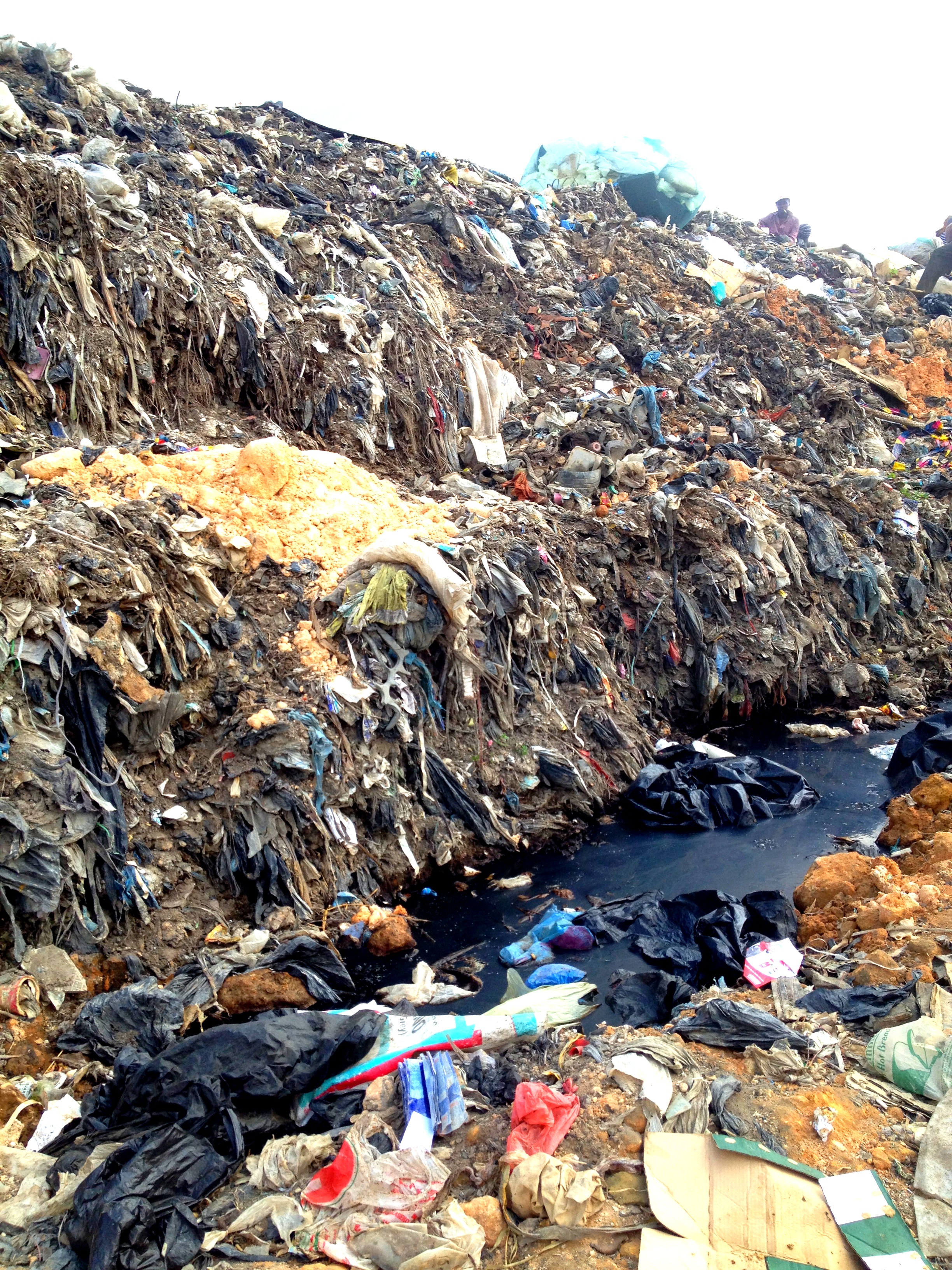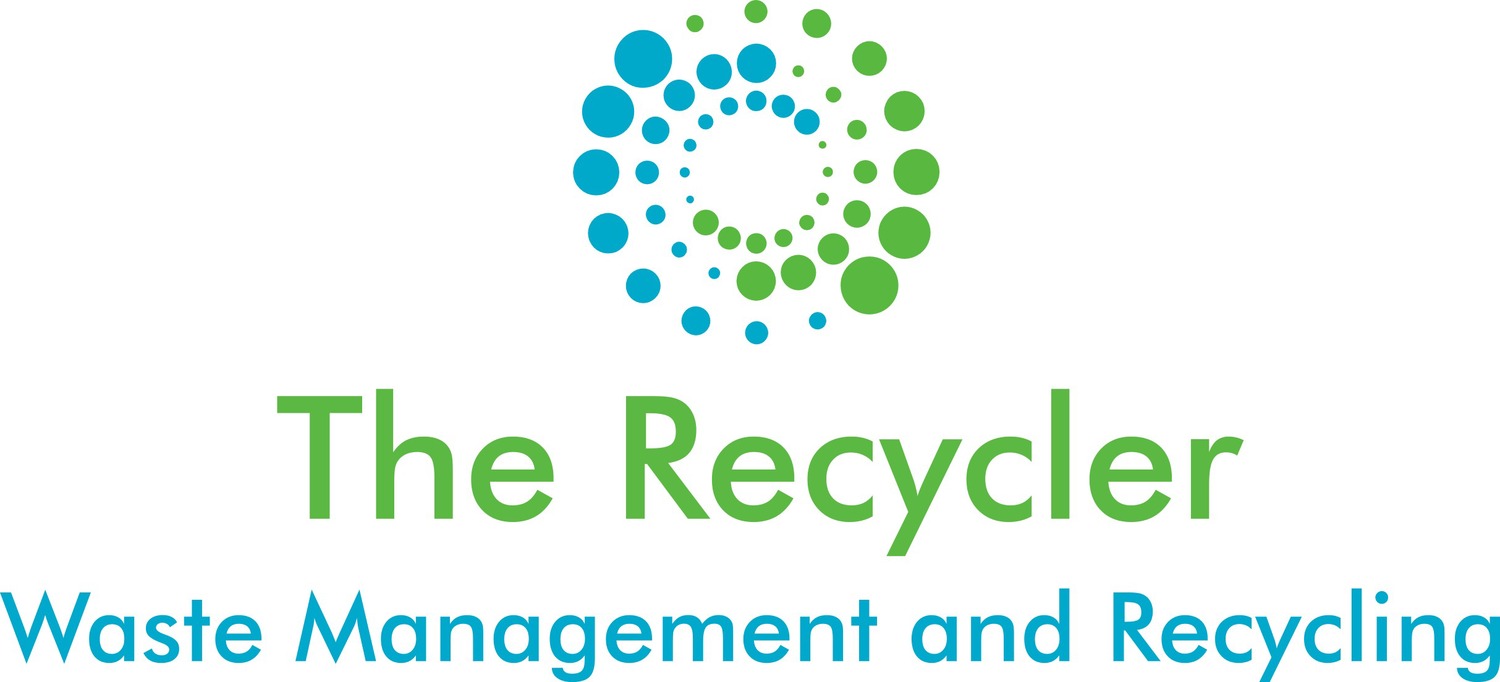Dar es Salaam
Tanzania's biggest city, Dar es Salaam, has a serious waste problem. It has been ranked as one of the dirtiest cities in the world by various rankings (Forbes, NYC Partnership Consulting). The city produces an estimated 3,000 tons of waste per day of which only 40% actually ends up in the designated landfill. The rest is either burned or illegally dumped. The rivers are crowded with waste until the rains come, where the waste exacerbates the cities poor drainage and causes flooding. Even if waste does make it to the legal landfill at Pugu, 35 kilometers away from the city center, the story is little better. The municipality does not have the capacity to manage the amounts of waste taken to the Pugu dumpsite and thus material continually sets itself on fire due to the release of methane. There are significant amounts of recyclables and valuable organic waste, but the intervention to recycle the material generally needs to happen before the waste ends up in a dump truck, in a river or in the ocean.







Waste is not just waste any more.
The Recycler offers professional waste management and recycling solutions for waste streams in Tanzania. They specialize in separating all kinds of recyclable waste in order to process and trade to domestic and international markets. The company has also set up recycling collection points throughout the city and is researching large-scale bio-gas, waste to energy, insect-derived protein and informal collection networks. Besides being a recycling company, we are looking into more innovative ways to manage waste and hope to offer zero waste to landfill in the near future. Check out our other projects for more details.
Zero Waste
The Recycler believes in the Zero Waste movement. Allow us to distinguish between zero waste to landfill and the actual Zero Waste Movement. Zero Waste to landfill is a practical solution that means all waste is recycled, composted/turned into biogas or used for energy recovery so that nothing is taken to landfill. However, the Zero Waste Movement is the systematic redesign of all resource's life-cycles so that waste is not produced at all. This is in many ways anti-recycling as items should be designed for extensive reuse and when finally discarded they should be reused in nature by providing nutrients to the soil. It means redesigning packaging for all products as well as the way we run our lives and businesses. This long-term principle is something we strive for.

